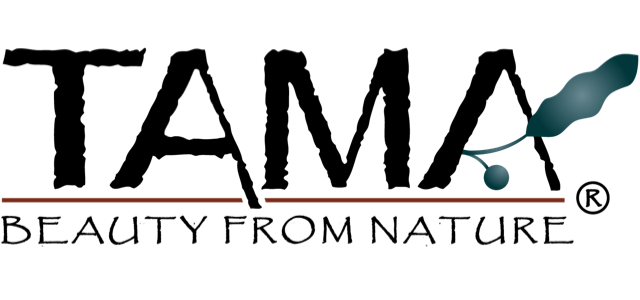SeKaf’s growing expertise in the shea industry allowed them to create the SeKaf improved method for shea butter processing. Inaugurated in 2008, the Shea Butter Village (SBV) in Kasalgu, a village just 6 km west from Tamale’s town centre. SeKaf formed a partnership with the surrounding villages by presenting a series of social innovations and commitments to develop them socially and economically. The Shea Butter Villages serve as central locations for the rural women to assemble and process premium quality shea butter also used in the TAMA range of all natural bath and beauty products.
SeKaf became an expert, a hired consultant for shea companies in the region and a recognized leader in the global shea industry (Member of Global Shea Alliance since 2009). With it`s growing presence in the international market, SeKaf understood that cosmetics produced from the organic, high-quality shea butter, are the most profitable point along the shea supply chain. However, the highest value-add activities are still happening outside of Ghana, not allowing the local economy to grow, nor the benefits to be distributed equally along the entire supply chain.
SeKaf realized that it could achieve both, to help the women and develop the local economy to a greater degree by producing own cosmetics instead of simply exporting shea butter. In 2011 the first range of TAMA cosmetics was released containing high quality, certified unrefined organic shea butter. Additionally, the TAMA factory built alongside the Shea Butter Village has spurred local economic growth through job creation (and subsequent skills training with growth potential), and guaranteed a market for the shea butter produced by the women at the Shea Butter Village. Seka fist still focusing more on developing sustainable livelihoods within the communities. Sekaf Ghana Ltd. works with increased social interventions like the Village Savings and Loans Associations, building a great and skilled staff and increasing exports.
SeKaf has also created a 6-Step to Sustainable Livelihoods Program that seeks to holistically benefit women involved in the shea industry.
At SeKaf, we believe that our growth is directly linked with the economic growth of the rural women whose wellbeing has always been in the heart of our operations.


